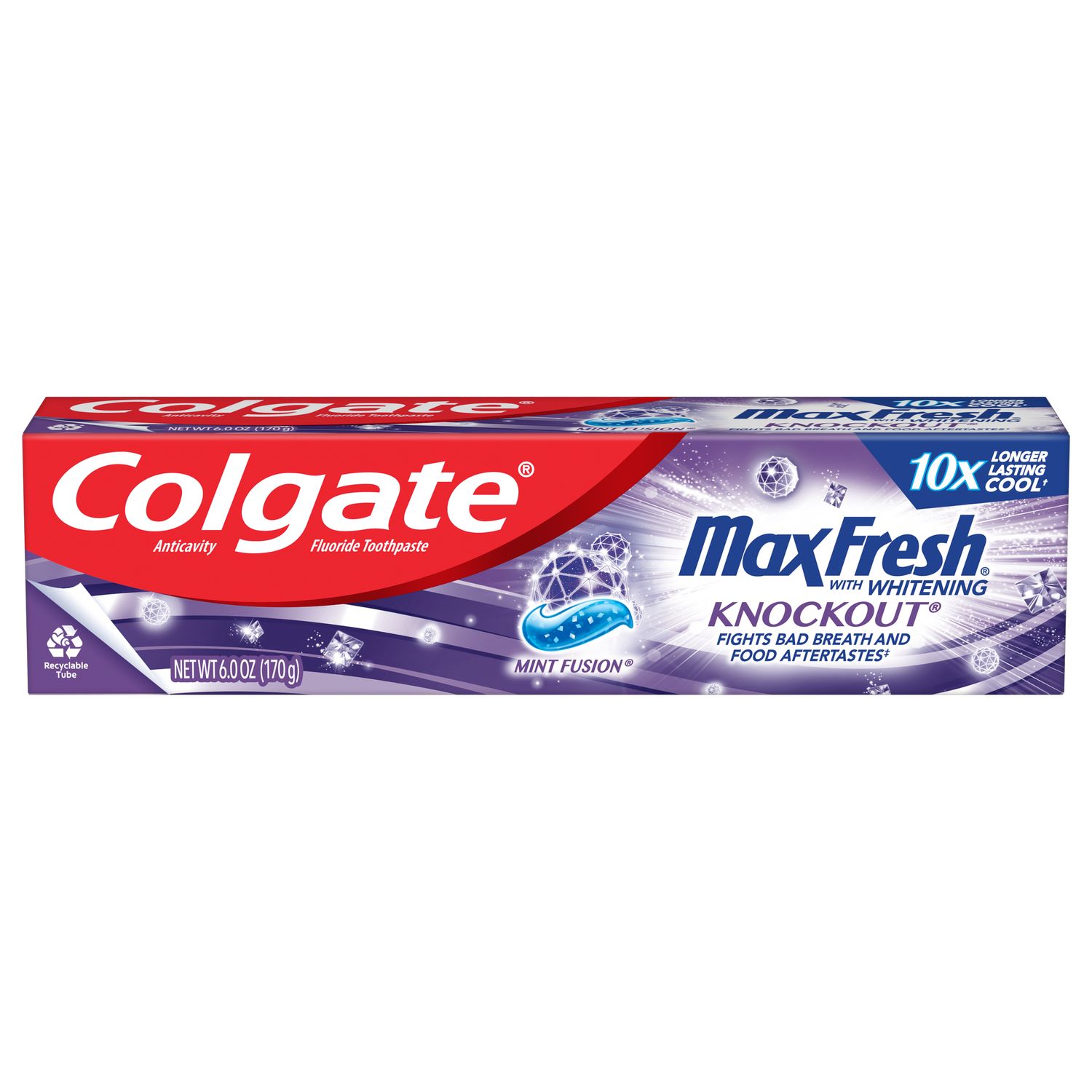What Causes Bad Breath?
Bad breath is often caused by poor oral hygiene habits. Not brushing or flossing on a regular basis can let plaque and bacteria build up in the mouth, and bacteria are known for producing foul-smelling chemicals that can lead to bad breath. Other bad breath culprits can include:
- Very strong-smelling foods like garlic or onions.
- Alcohol.
- Tobacco use.
- Chronic oral conditions like gum disease or tooth decay.
- Oral infections.
- Dry mouth.
Can bad breath come from the stomach, too? Absolutely. Gastrointestinal problems like acid reflux can cause bad breath, as can conditions that cause you to vomit excessively. These might include heavy morning sickness during pregnancy or bulimia nervosa. Other systemic health problems can cause bad breath, too, such as diabetes, respiratory infections, lung disease and liver disease.
Diagnosing Bad Breath
Some people worry too much about their breath, even though they have little or no mouth odor, while others have bad breath and don't know it. try You can try to smell your breath by placing your hand over your nose and mouth and breathing into it. However, it can be difficult to assess how your breath smells, so it may be better to ask a relative, close friend, or your dental professional.
Your dentist or hygienist can help you get to the bottom of what’s causing your bad breath, so don’t hesitate to book an appointment. Determining the cause can be tricky on your own because there are so many possible bad breath causes. Your dental professional will ask you questions about your oral hygiene habits, diet, lifestyle habits and medical history to identify the likely culprit. They can then give you a diagnosis, recommend a treatment plan, and refer you to your family physician or another medical professional, if necessary.
Bad Breath Treatments
Luckily, bad breath treatment is often simple. It begins with good oral care habits, which can help to address periodontal disease and other avoidable bad breath causes. Good, breath-freshening oral hygiene habits include:
- Brushing twice a day help control plaque development.
- Using a tongue scraper to remove odor-causing bacteria that form on the tongue.
- Rinsing with mouthwash after every meal to reduce plaque bacteria, treat or prevent gingivitis, and freshen your breath.
- Cleaning between the teeth daily using floss or a water flosser to keep the spaces in between your teeth clean and avoiding periodontal disease.
- Visiting your dental professional regularly for a check-up and professional cleaning to remove plaque and tartar.
How To Avoid Bad Breath
It's common knowledge that certain foods like raw onion or garlic cause bad breath. Such foods contain pungent chemicals that, when ingested and excreted by the lungs, can cause a strong or unpleasant smell. But avoiding acidic foods (like vinegar) or high-fructose foods (like sugary cereal) also cuts down on bad breath.
Instead, choose a diet that keeps your mouth and stomach healthy and limits odor-causing bacteria. You should moderate your sugar intake and choose foods that increase saliva flow, including:
- Whole grains like brown rice.
- A variety of nutritious fruits and vegetables, especially crunchy ones that clean plaque from the teeth.
- Proteins such as fish, beans, nuts or seeds.
Fennel increases saliva production and contains numerous antibacterial properties that help to freshen the breath; a few sprigs will do the trick after or between meals.
Related Conditions
Although bad breath may not be serious, if simple self-care techniques don't correct the problem, you should consult a dental professional or physician. In some cases, bad breath may be caused by another condition that needs professional treatment, like tooth decay or stomach problems. Once these problems are treated, bad breath and other symptoms will likely improve, too.
Fresh breath is a sign of a healthy mouth, and a healthy mouth is often a good indication of your overall health. Good daily oral hygiene habits are integral to fighting and preventing the underlying causes of bad breath, so start working on your healthy hygiene routine today.
This article is intended to promote understanding of and knowledge about general oral health topics. It is not intended to be a substitute for professional advice, diagnosis or treatment. Always seek the advice of your dentist or other qualified healthcare provider with any questions you may have regarding a medical condition or treatment.
ORAL HEALTH QUIZ
What's behind your smile?
Take our Oral Health assessment to get the most from your oral care routine
ORAL HEALTH QUIZ
What's behind your smile?
Take our Oral Health assessment to get the most from your oral care routine















